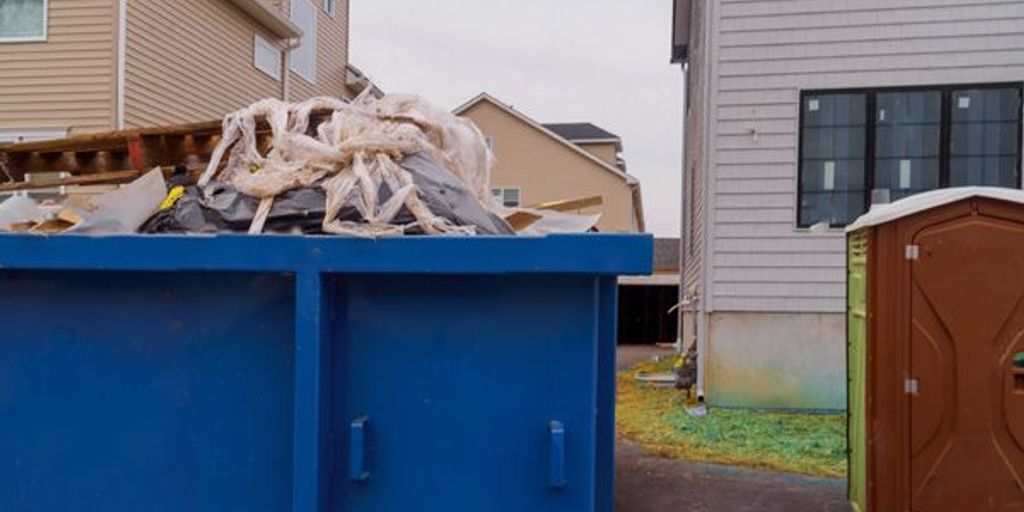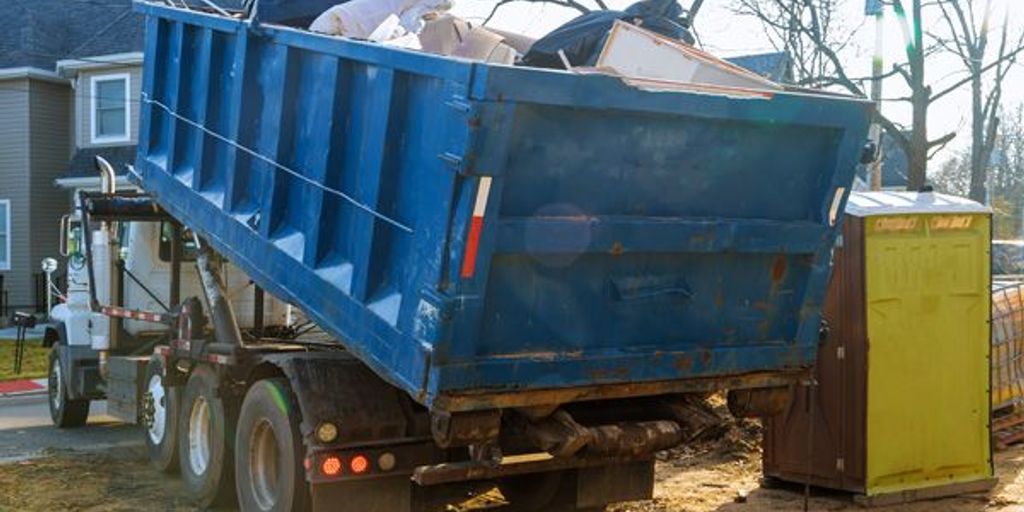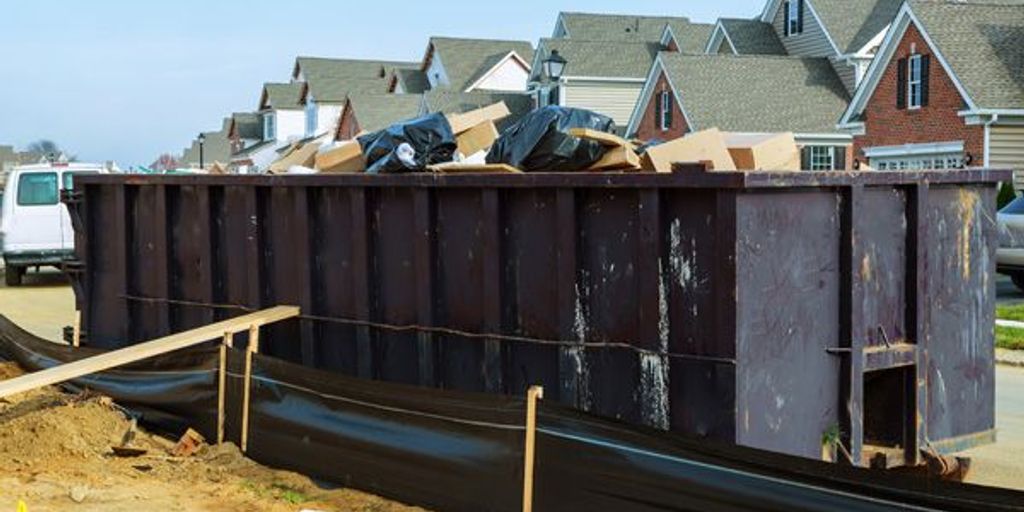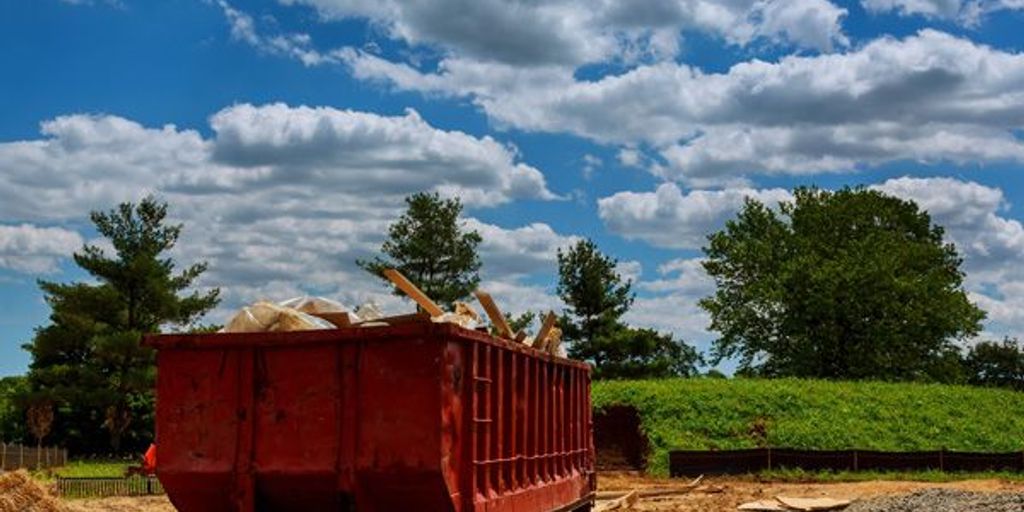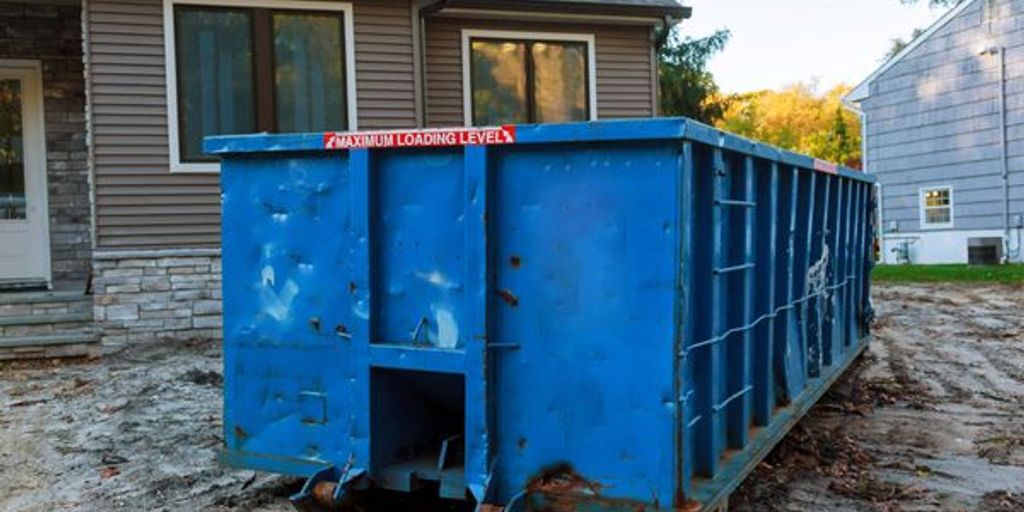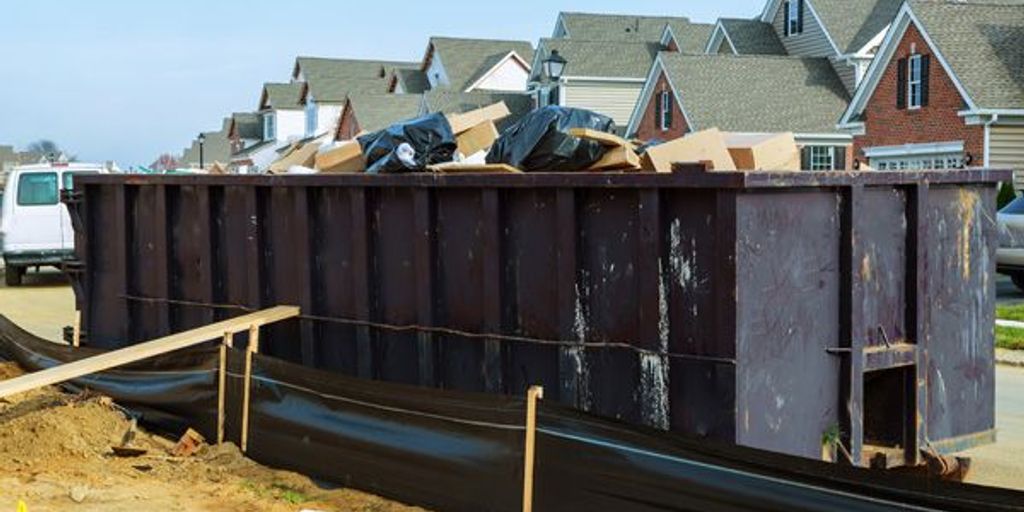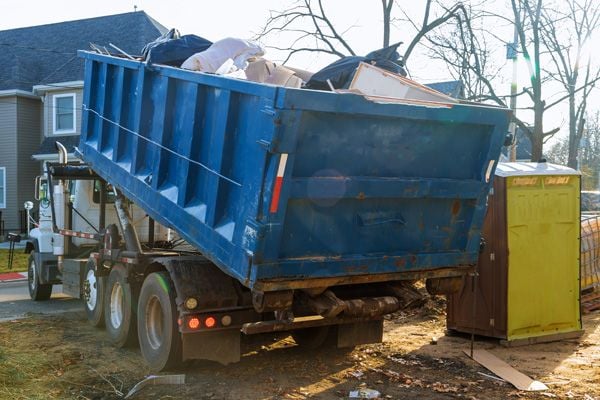Dumpster size weight limits
When renting a dumpster, knowing its weight limits is crucial. This helps you avoid extra costs and ensures safe and efficient disposal of waste. Dumpsters come in various sizes and types, each with specific weight capacities suited for different projects. Understanding these limits can help you choose the right dumpster for your needs and prevent potential issues. Key Takeaways Different dumpsters have varying weight limits based on their size and type. It’s important to match the dumpster size to your project’s requirements to avoid overfilling. Exceeding weight limits can lead to extra fees and safety risks. Specialized dumpsters are available for heavy debris like concrete and asphalt. Consulting with experts can help you estimate your waste’s weight and select the appropriate dumpster. Understanding Front Load Dumpster Dimensions Capacity Ranges Front load dumpsters come in various sizes, typically ranging from 2 yards to 8 yards. These sizes are suitable for different types of projects, from small cleanouts to larger commercial jobs. Knowing the right capacity ensures you don’t overpay for a larger dumpster or underutilize a smaller one. Height and Width Specifications The height of front load dumpsters usually varies between 3 feet and 5 feet, while the width is generally between 6 feet and 7 feet. These dimensions are crucial for fitting the dumpster into tight spaces and ensuring it can handle the volume of waste you plan to dispose of. Gross Vehicle Weight Rating The Gross Vehicle Weight Rating (GVWR) for front load dumpsters can range from 4 tons to 10 tons, depending on the model. This rating is essential for understanding how much weight the dumpster can safely carry, helping you avoid overloading and potential overage fees. Selecting the right front load dumpster involves understanding its dimensions and weight limits to ensure it meets your project’s needs efficiently and cost-effectively. Choosing the Right Construction Dumpster Flat Top vs. Slanted Top When selecting a construction dumpster, you have two main options: flat top and slanted top. Flat top dumpsters are ideal for projects where you need to maximize the space for bulky items. On the other hand, slanted top dumpsters are easier to load, especially for heavy materials like concrete or dirt. Consider the type of debris and how you plan to load it when making your choice. Nested Dumpsters Nested dumpsters are a great option if you have limited space. These dumpsters can be stacked inside one another when not in use, saving valuable space on your construction site. They are particularly useful for projects that require multiple dumpsters but have a small footprint. Project-Specific Needs Different projects have different needs. For example, a home renovation might require a smaller dumpster compared to a large commercial construction project. Understanding the dimensions and weight limits is crucial for selecting the right dumpster for your project. Always consult with your rental company to ensure you choose a dumpster that meets your specific needs. Choosing the right construction dumpster can make your project run smoothly and efficiently. Make sure to consider all factors, including the type of debris and the space available, to avoid any hiccups along the way. Compactor Dumpster Specifications Weight Capacity Compactor dumpsters are designed to handle heavier loads compared to regular dumpsters. They can hold up to 20 tons of debris, making them ideal for large projects. This increased capacity is perfect for disposing of heavy materials like medical waste, hazardous waste, and demolition debris. Adjustable Walls One of the unique features of compactor dumpsters is their adjustable walls. These walls can be raised or lowered depending on the size of the items being disposed of. This flexibility makes it easier to manage bulky items such as yard debris and heavy furniture. Cost Considerations The cost of renting a compactor dumpster can vary based on the type and amount of materials being disposed of. Hazardous items often require additional disposal fees due to specialized handling requirements. Additionally, there may be an upfront fee along with regular rental charges. It’s important to consult with your local waste management authority before disposing of any hazardous material or heavy items in a compactor dumpster. Compactor dumpsters offer a reliable solution for managing large amounts of waste, especially for construction projects. Their ability to handle heavy loads and adjust to different item sizes makes them a versatile choice for various disposal needs. Roll-Off Dumpster Weight Limits Roll-off dumpsters are essential for various projects, from home cleanouts to large construction jobs. Understanding the weight limits for different sizes is crucial to avoid overage fees and ensure safe transportation. 10-Yard Dumpsters A 10-yard dumpster typically holds 1-3 tons of debris. This size is perfect for small projects like garage cleanouts or minor renovations. It’s important to note that while the volume might seem sufficient, heavy materials like concrete can quickly exceed the weight limit. 20-Yard Dumpsters 20-yard dumpsters can handle 2-4 tons of waste. They are ideal for medium-sized projects, such as roofing jobs or large home cleanouts. Be mindful of the weight, especially if disposing of heavy materials like shingles or dirt. 30-Yard Dumpsters For larger projects, a 30-yard dumpster is suitable, with a weight limit of 3-5 tons. This size is often used for major renovations or construction debris. The average weight limit for 30-yard dumpsters is typically 4-6 tons, or 8,000-12,000 lbs. Always check with your provider to ensure you don’t exceed the limit. Exceeding the weight limit can result in additional fees and potential damage to the dumpster or hauling truck. Always estimate your debris weight accurately and choose the appropriate dumpster size. Specialized Dumpsters for Heavy Debris Concrete Disposal When dealing with concrete disposal, it’s crucial to choose a dumpster that can handle the weight. Concrete is extremely heavy, and not all dumpsters are built to manage it. Typically, a 10-yard dumpster is suitable for small concrete projects, while larger projects might require a 20-yard dumpster. Asphalt Removal Asphalt removal projects also demand dumpsters that can bear significant weight. A 10-yard dumpster is often sufficient for small
Dumpster size weight limits Read More »




